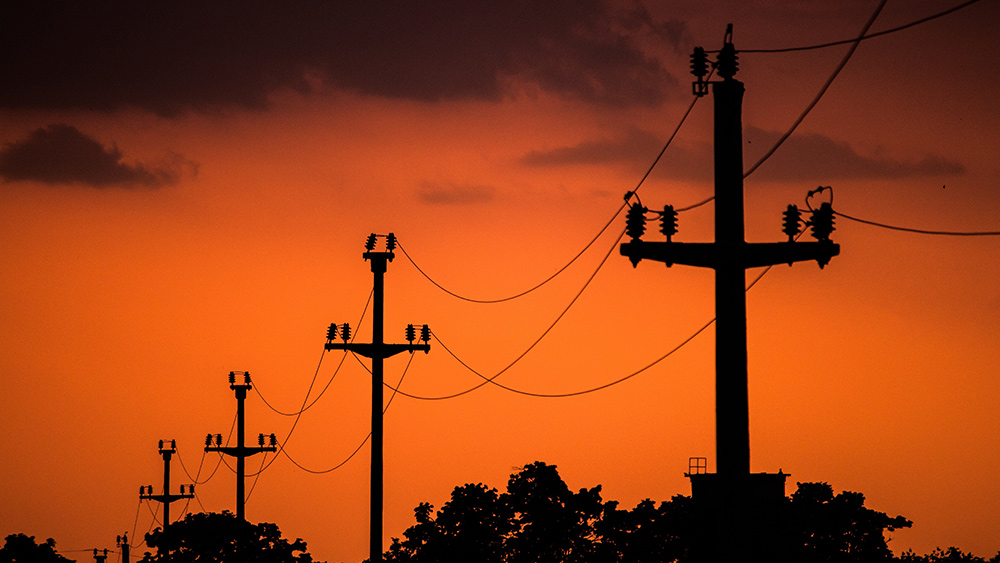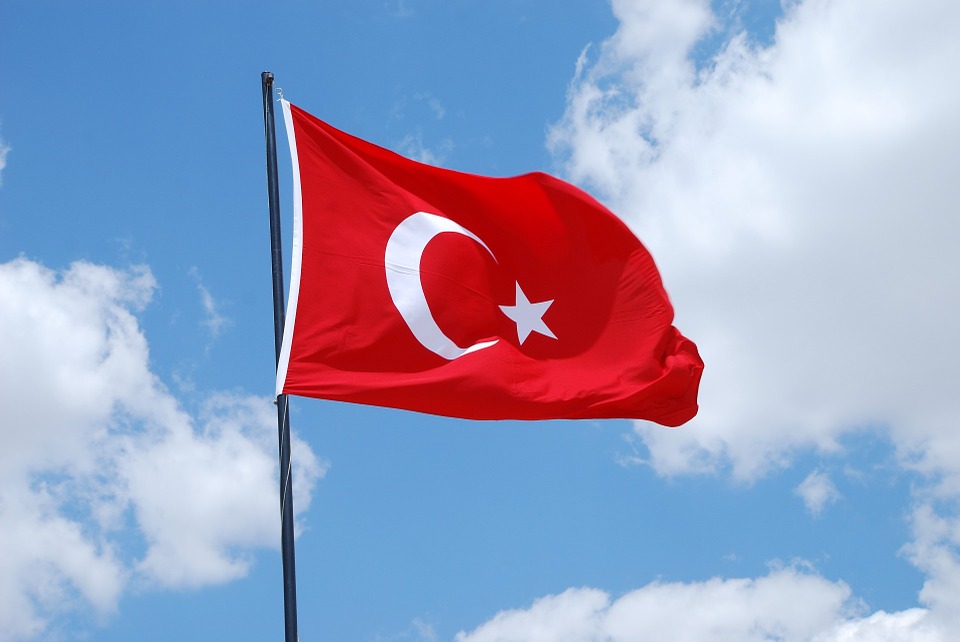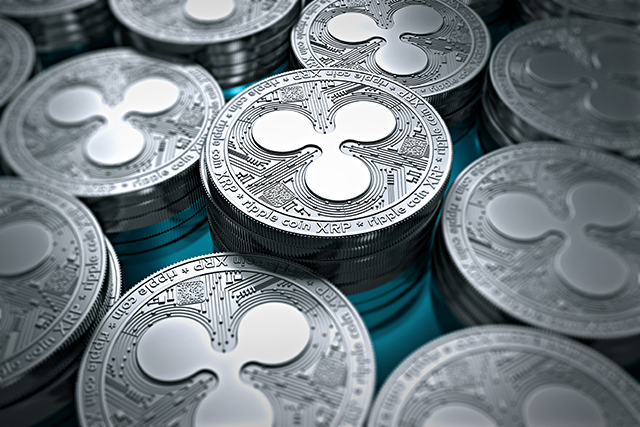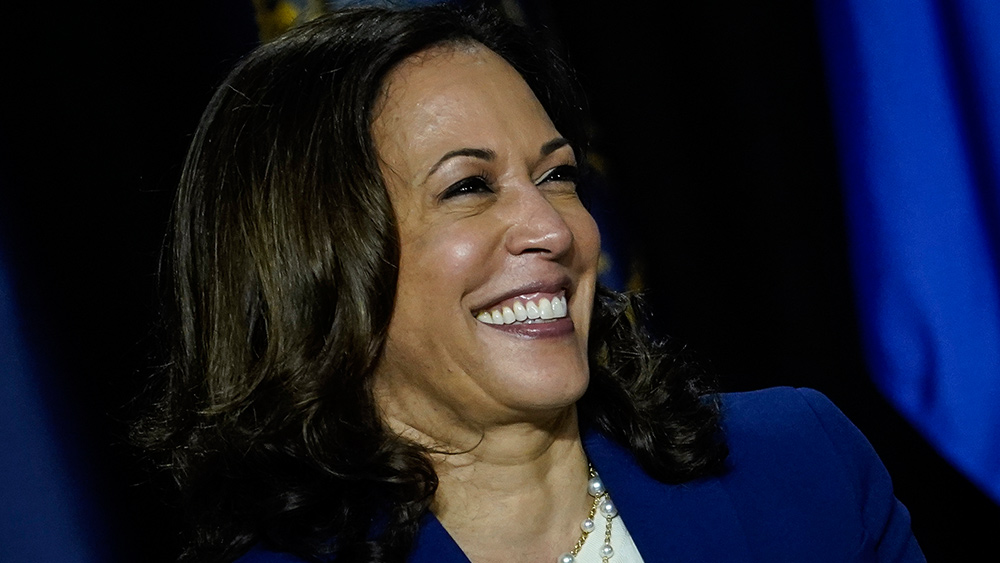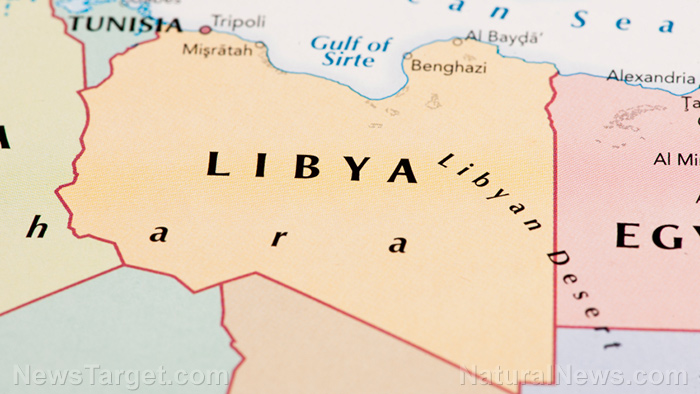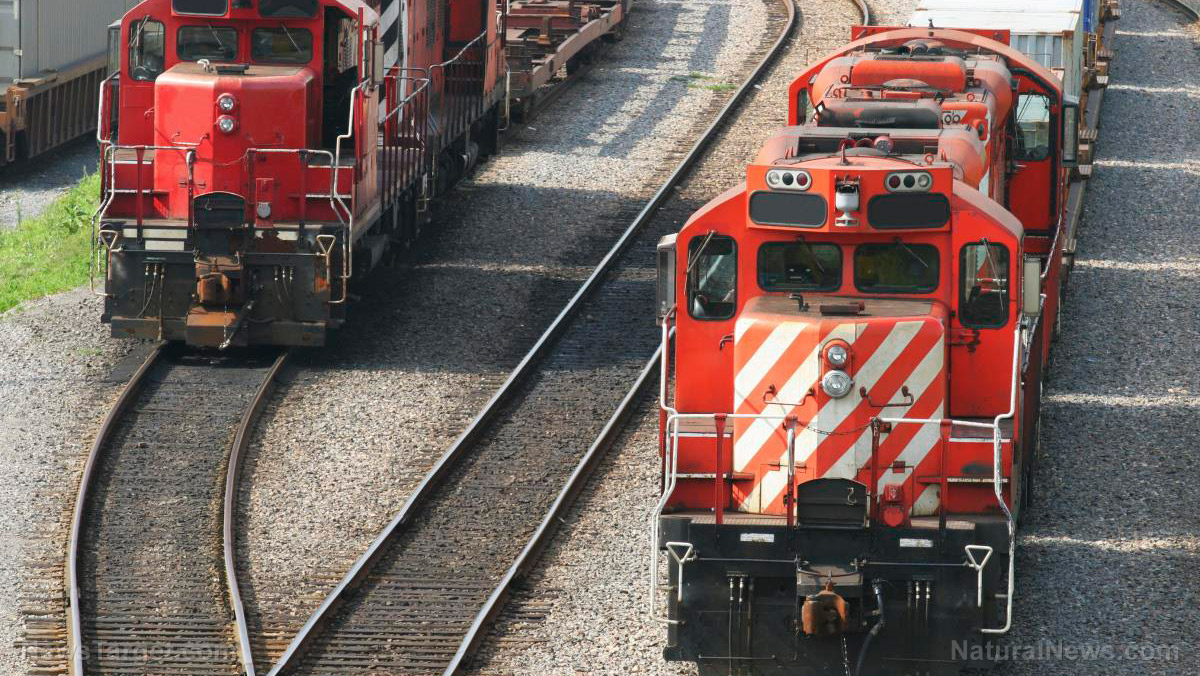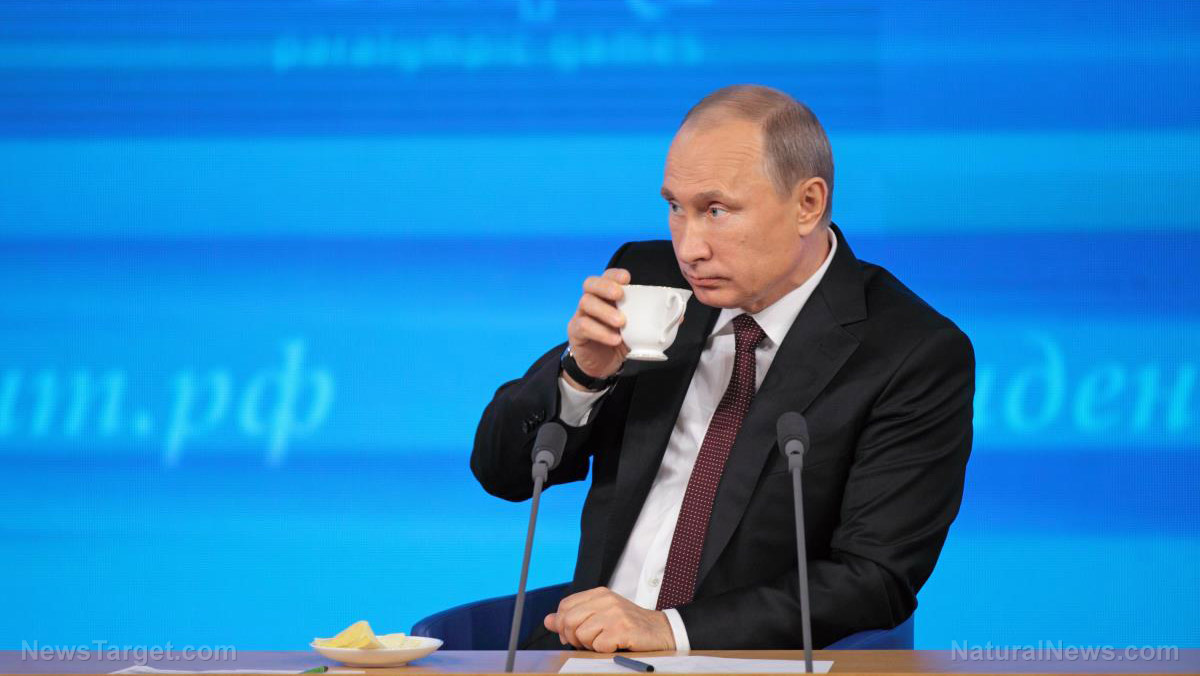GOODBYE, WEST: India considers using Russia’s SWIFT alternative for trade settlements
09/06/2024 / By Ethan Huff

Dedollarization efforts are moving forward as the Reserve Bank of India (RBI) considers joining the new System for Transfer of Financial Messages (SPSF) settlement system created by Russia after the Belgium-based SWIFT network banned Russia from participation over Moscow’s invasion of Ukraine.
India could start using this Russian alternative system to conduct rupee-ruble trade settlements, bypassing the U.S. dollar and further chipping away at the crumbling Western hegemony.
While discussions are said to still be ongoing, India’s banking regulator has already indicated that the SPFS is a phenomenal system for both India and Russia to settle their trades more quickly and easily.
“There have been meetings between senior officials from the RBI and some public sector banks with their counterparts in Russia on the country’s proposed alternative messaging system for banks,” a source told The Hindu Business Line. “There is a view in the RBI that the proposal is doable.”
“For national currency trade settlements and quick pay to be more efficient, it is important to have a new transaction facilitating mechanism … Direct settlements in national currencies will not only help in dedollarization but also lead to cheaper, quicker and more efficient transactions.”
(Related: The most recent count suggests that at least 159 countries around the world want to adopt the new BRICS payment system that many believe will topple Western hegemony.)
India cautious of Western sanctions on Russia and what that might mean for trade
The only concern India has pertains to the sanctions the West continues to place on Russia as attempted punishment for its invasion of Ukraine. The RBI says this makes the matter “a diplomatically sensitive issue” that must be handled with care.
As of now, a host of Russian banks are on the Western sanctions blacklist, which complicates matters somewhat. The European Union (EU) also took aim at the SPFS itself back in late June when Brussels banned the bloc’s banks from using it to conduct any kind of business with the non-Russian third-country banks, which could soon include Indian banks if New Delhi moves forward with the plan.
The RBI says it will continue to analyze the situation to determine all possible risks. The last thing India wants is for the U.S.-led West to start taking aim at its banks in a wild panic over its desire to decouple from the international trade status quo.
As all of this is happening, both India and Russia have also been working on new ways to conduct Russo-Indian trade without having to use Western money like Federal Reserve Notes (FRNs). The two countries would rather use their own respective currencies for trade, cutting out the West entirely.
Russia and India are reportedly forging a national currency settlement system concept in which they would both be able to direct trade using just rupees and rubles. The two countries’ central banks would set a direct exchange rate rather than pegging the two currencies against the U.S. dollar.
If successful, that direct trading system between Russia and India will allow Moscow and New Delhi to overcome any and all trade barriers set up through Western sanctions.
“I think Russia should make SPFS interoperability within BRICS a priority during the summit next month,” one commenter wrote. “It’s clear that EU and U.S. sanctions will never go away with Russia, Iran, North Korea, and Venezuela. These countries should join this system and BRICS asap.”
Another asked why it is taking so long for India to use the Russian SPFS in the first place.
“Indians should understand that despite friendly relations with the U.S. currently, any future president could sanction them.”
As the world shifts east, the West will face decreased relevance in world affairs. Find out more at Collapse.news.
Sources for this article include:
Submit a correction >>
Tagged Under:
big government, BRICS, Bubble, Collapse, conspiracy, currency crash, currency reset, dedollarization, dollar demise, economic riot, finance, finance riot, India, market crash, money supply, risk, Russia, sanctions, SPFS, SWIFT, trade, trade settlements
This article may contain statements that reflect the opinion of the author
RECENT NEWS & ARTICLES
COPYRIGHT © 2017 RISK NEWS




